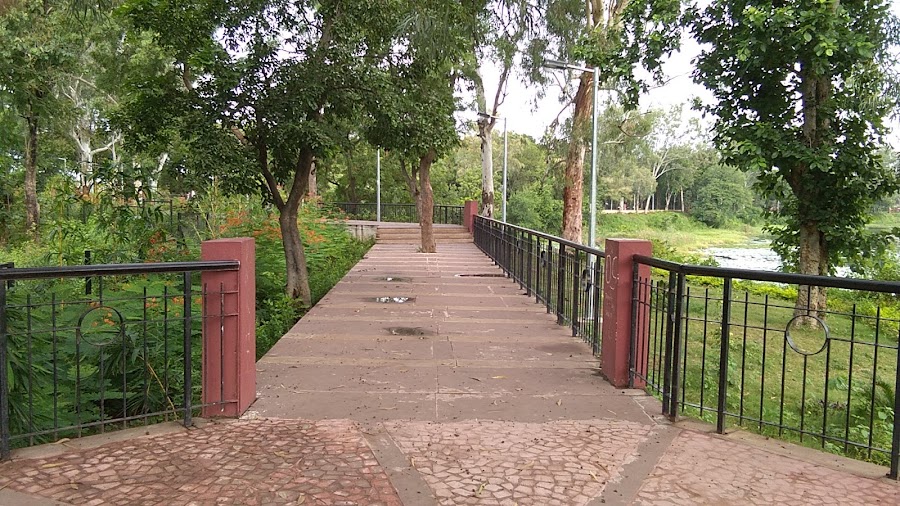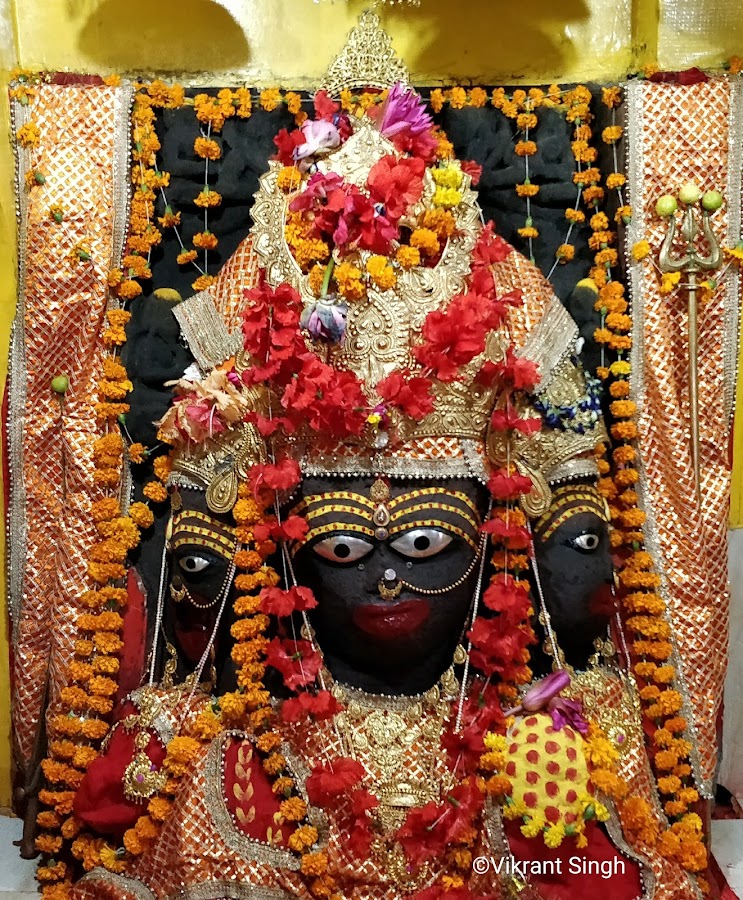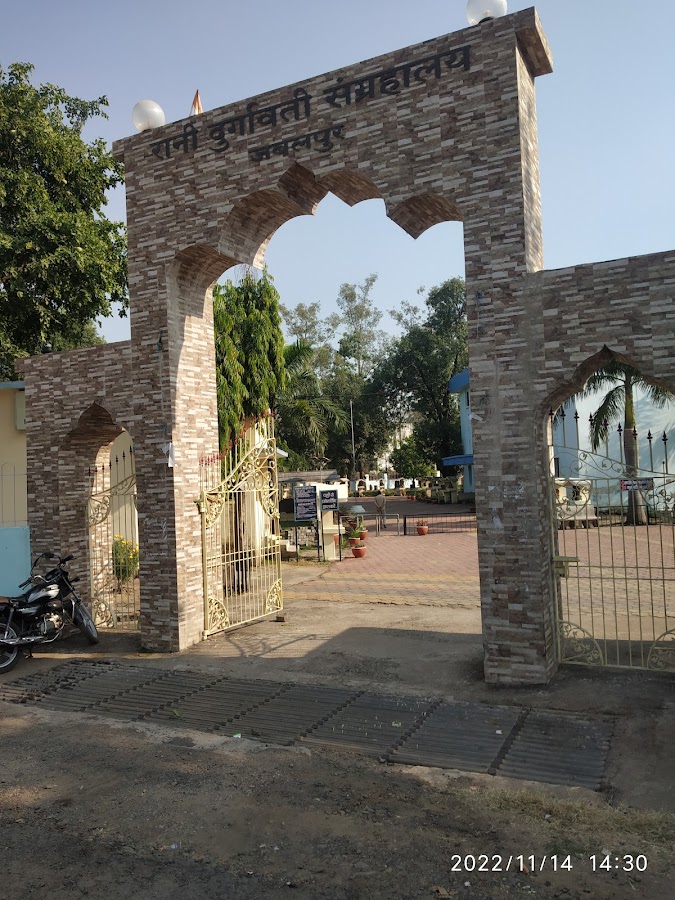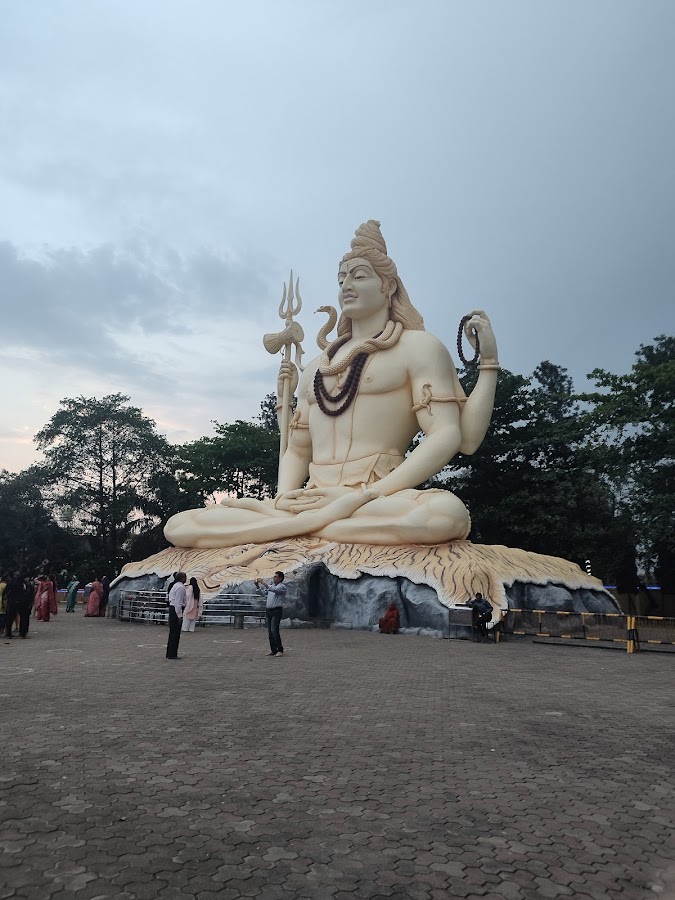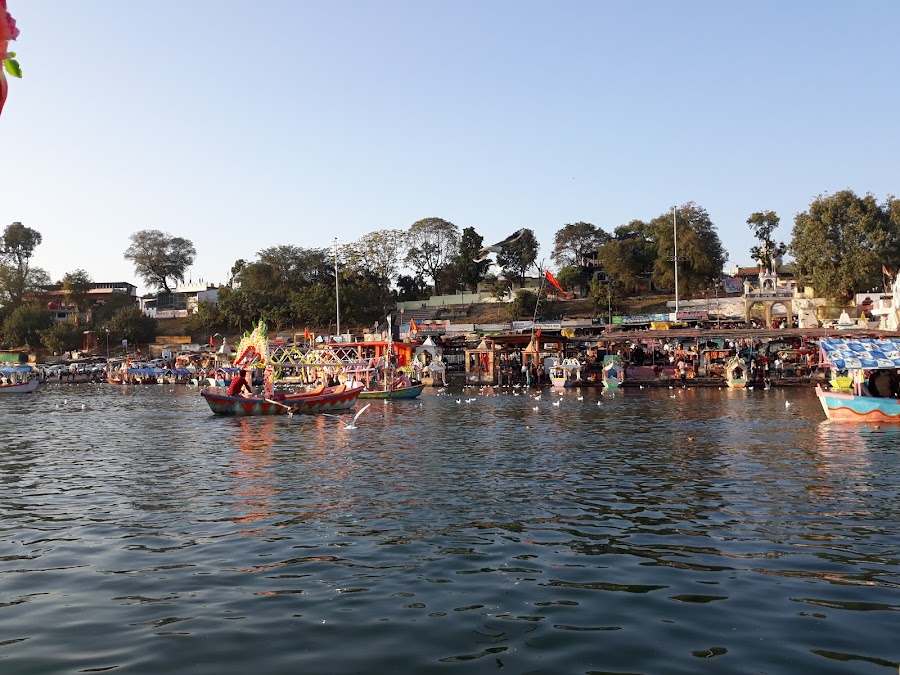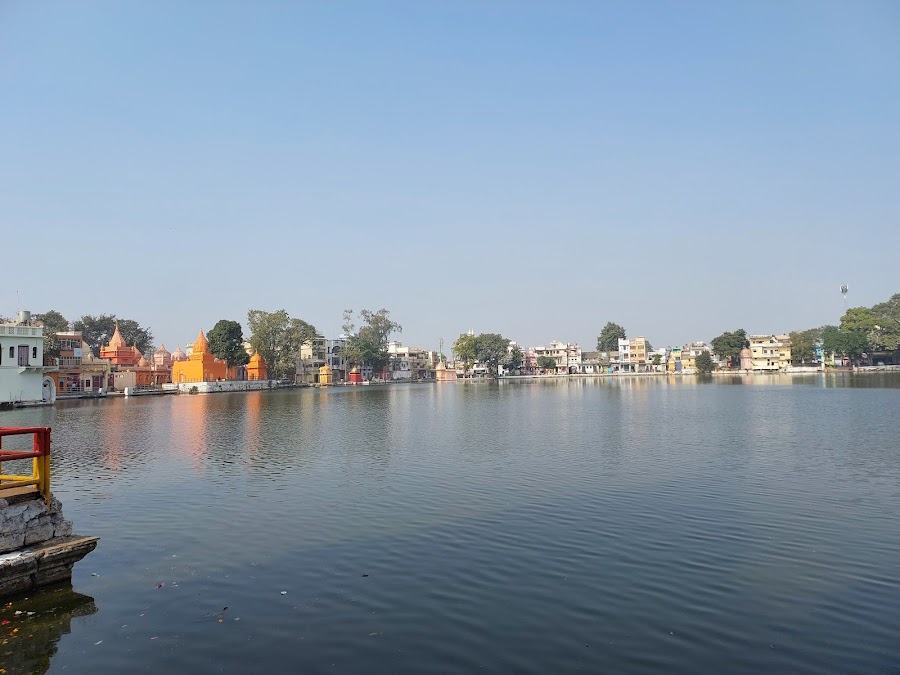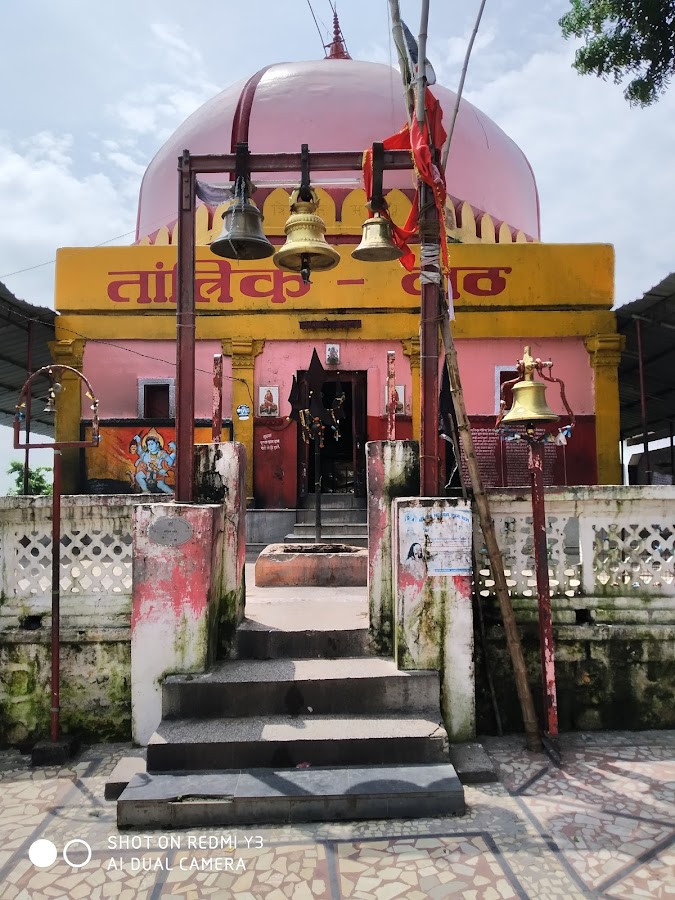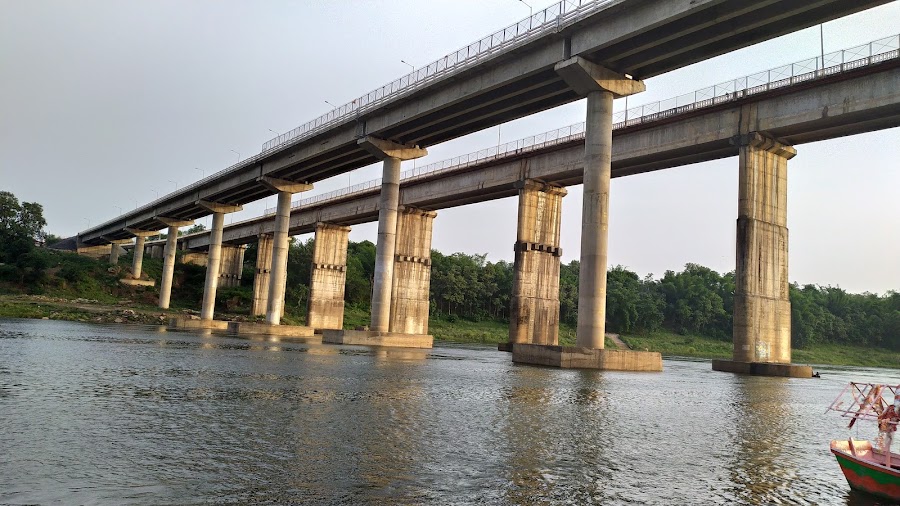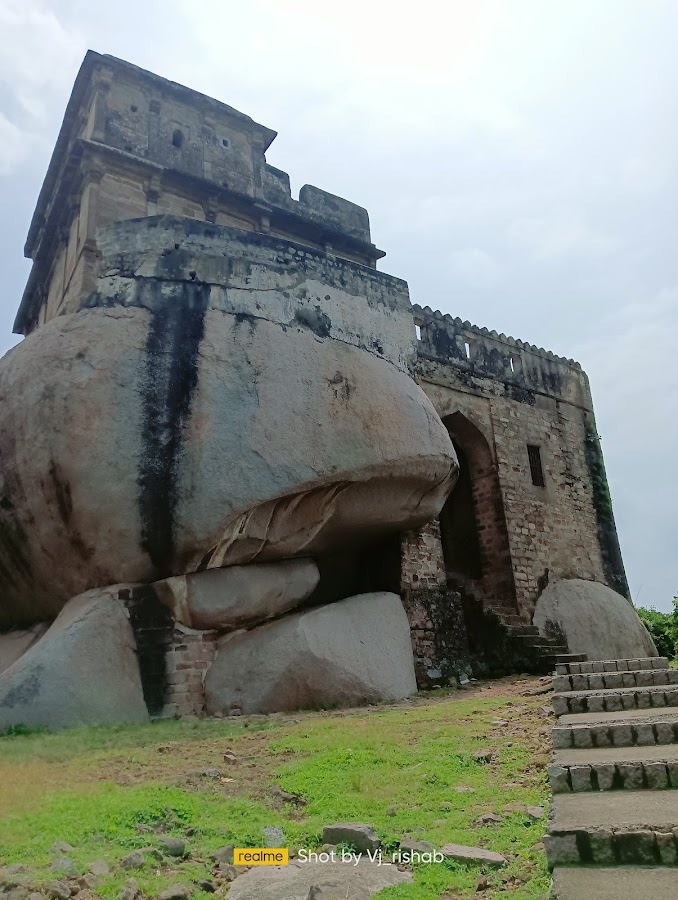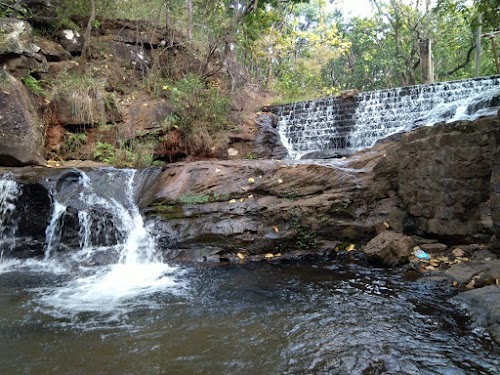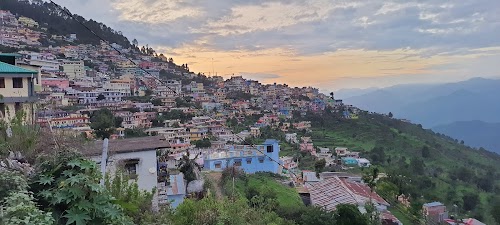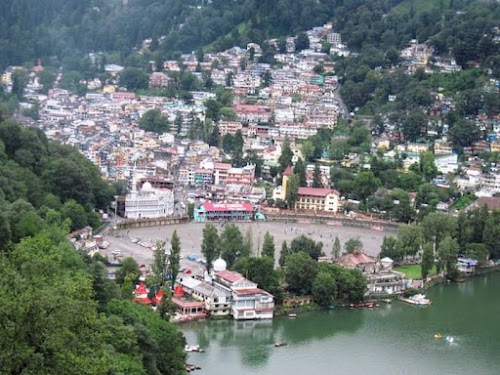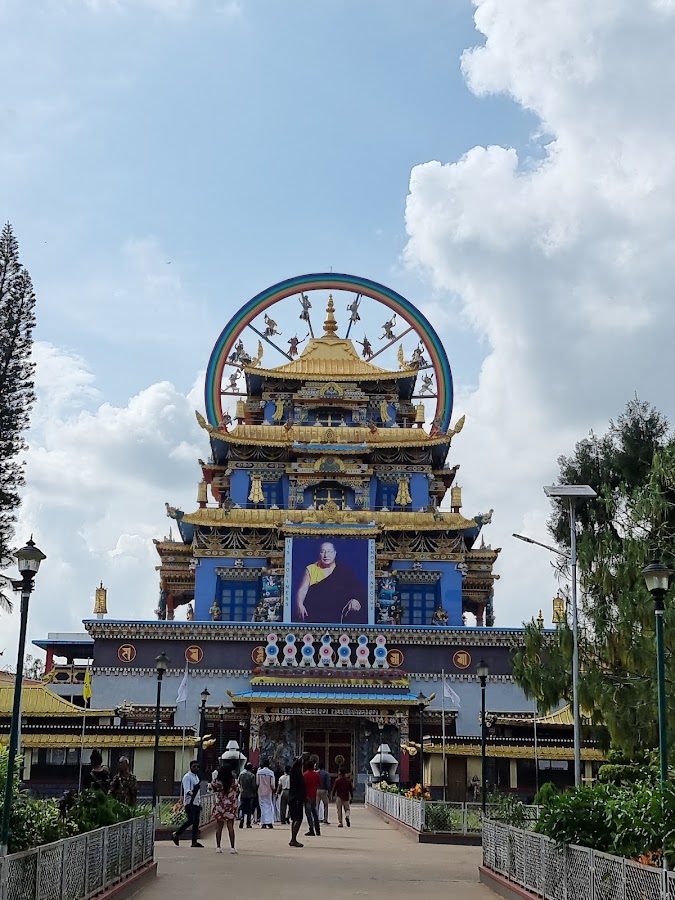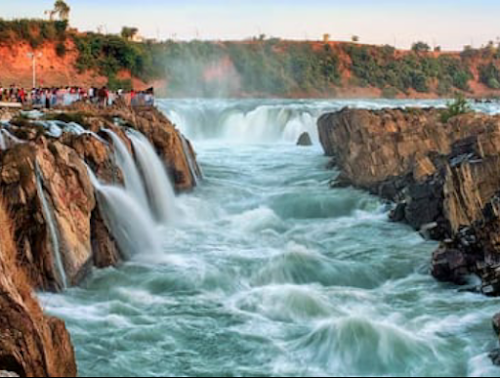
Jabalpur, India
Jabalpur, a city in Madhya Pradesh, India, is a captivating blend of natural beauty, historical significance, and vibrant culture. Nestled on the banks of the Narmada River, it's renowned for its stunning marble rocks at Bhedaghat, where the river flows through a narrow gorge. The Dhuandhar Falls, also at Bhedaghat, offer a spectacular display of cascading water. Beyond its natural attractions, Jabalpur boasts historical sites like the Madan Mahal Fort, offering panoramic city views, and the Rani Durgavati Museum, showcasing regional history and art. The city serves as a gateway to nearby national parks like Kanha and Bandhavgarh, making it a perfect base for wildlife enthusiasts. Jabalpur offers a unique experience with its blend of spirituality, history and nature.
Known for:
History:
Jabalpur's history stretches back to ancient times, with evidence of settlements dating back to the Paleolithic era. The city gained prominence during the Gond dynasty, particularly under Rani Durgavati, a warrior queen who bravely resisted Mughal rule in the 16th century. The Madan Mahal Fort stands as a testament to her reign. Later, Jabalpur came under Maratha control before being annexed by the British in the 19th century. During British rule, it became an important military cantonment and a center for administrative and educational activities. Jabalpur played a significant role in India's independence movement, with several prominent leaders hailing from the region. Post-independence, it has emerged as a major commercial and educational hub in Madhya Pradesh.
How to reach:
Jabalpur is well-connected by air, rail, and road. * **By Air:** Jabalpur Airport (Dুমনা Airport) has regular flights from major Indian cities like Delhi, Mumbai, and Indore. * **By Rail:** Jabalpur Junction is a major railway station on the Central Railway line, with frequent trains from across India. * **By Road:** National highways connect Jabalpur to other major cities in Madhya Pradesh and neighboring states. State-run and private buses are readily available.
Places in Jabalpur, India
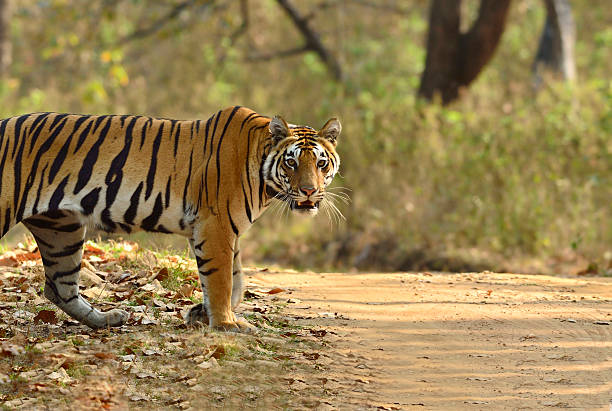
Kanha Tiger Reserve
Jabalpur, India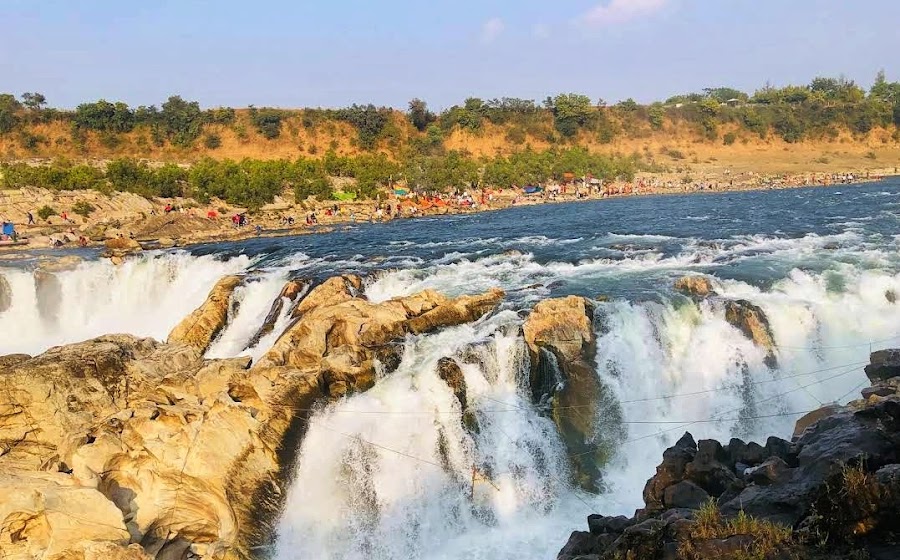
Dhuandhar Falls
Jabalpur, India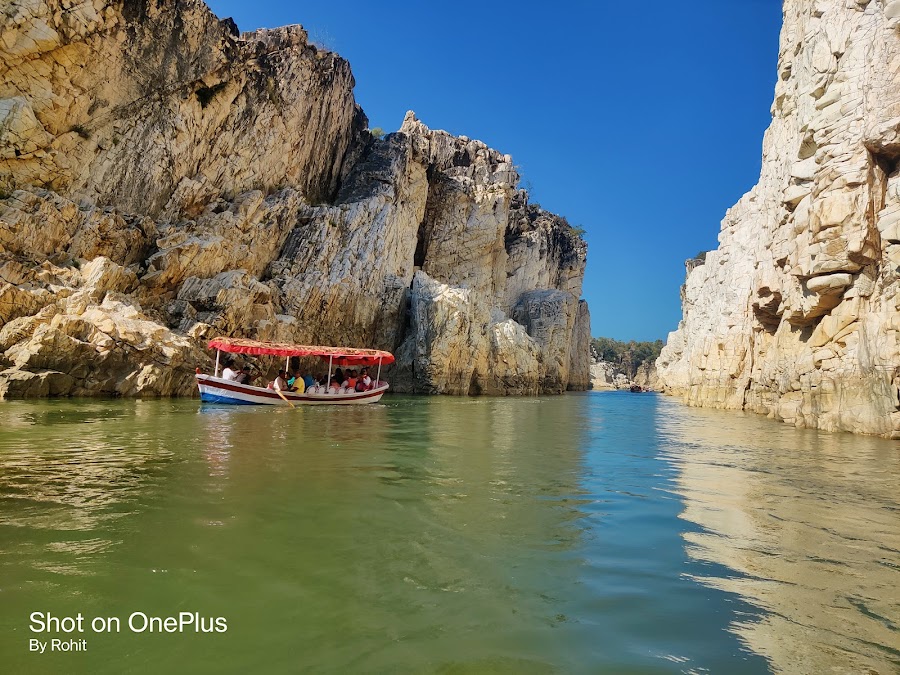
Marble Rocks (Bhedaghat)
Jabalpur, India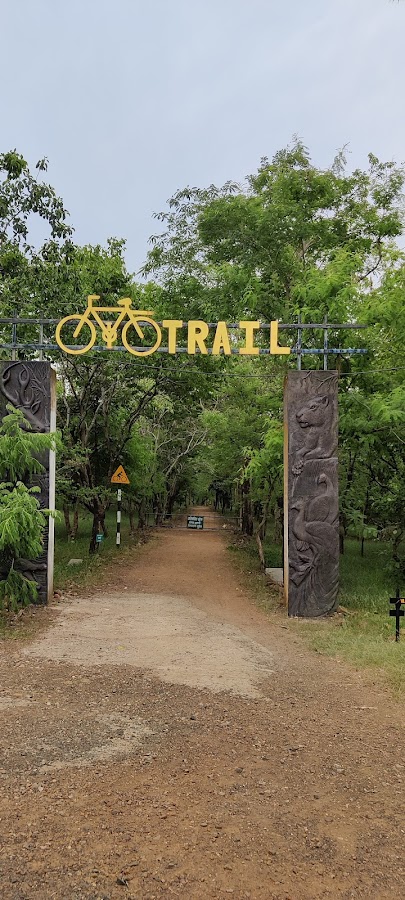
Dumna Nature Reserve Park
Jabalpur, India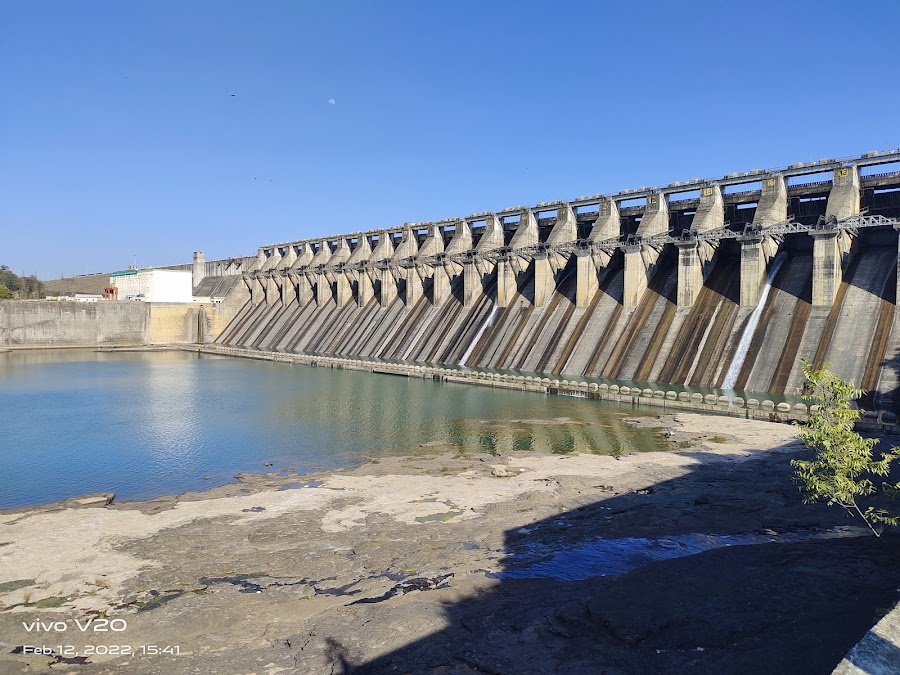
Bargi Dam
Jabalpur, India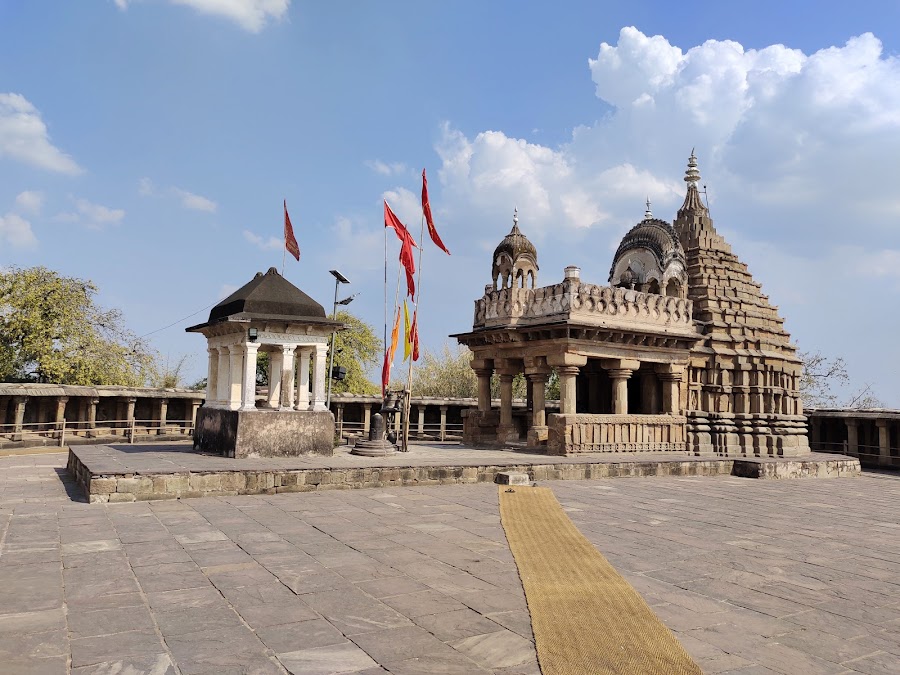
Chausath Yogini Temple
Jabalpur, India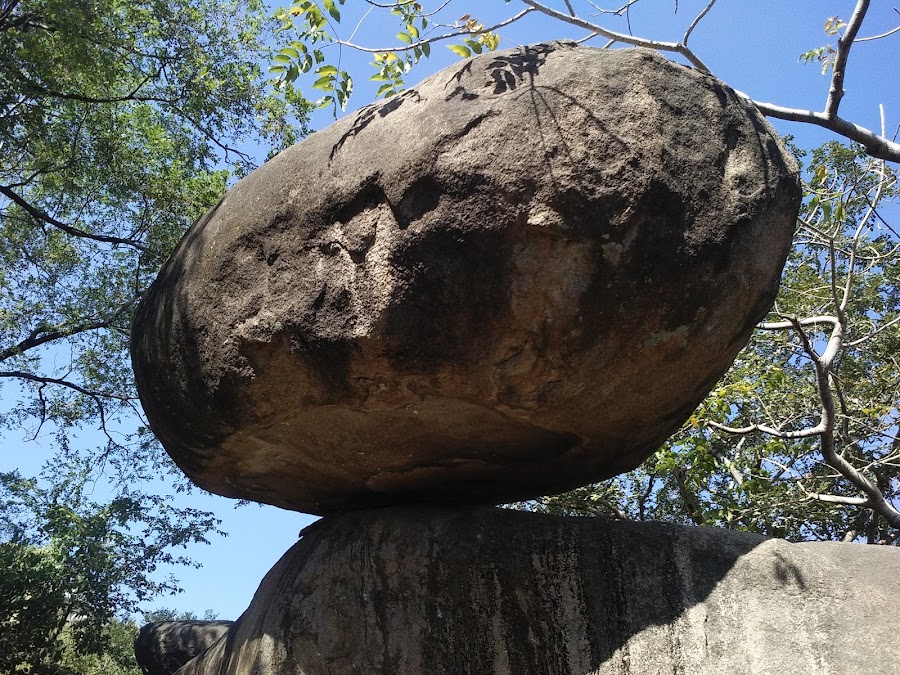
Balancing Rocks
Jabalpur, India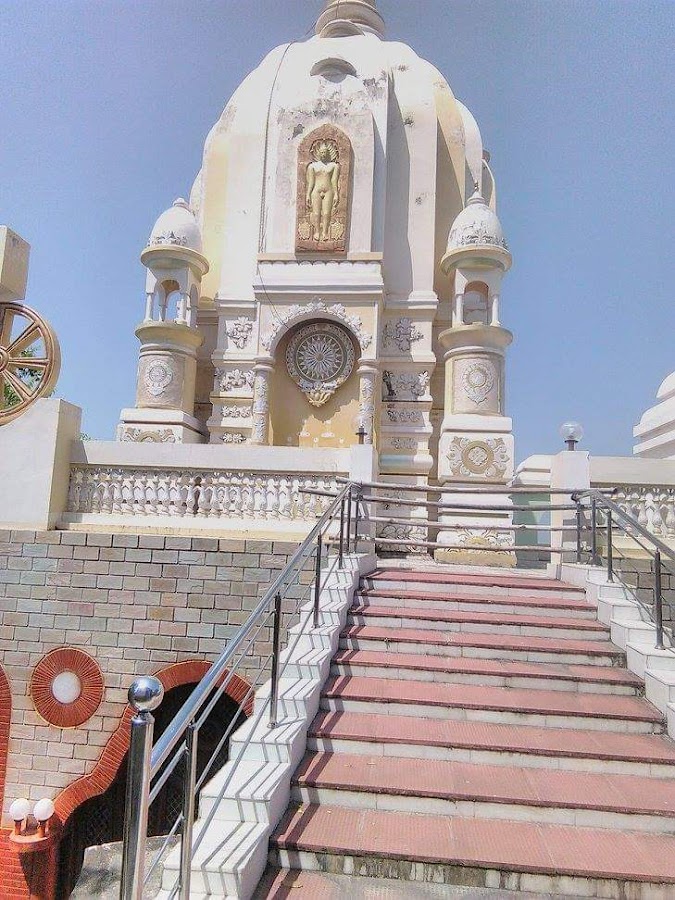
Pisanhari Ki Madiya
Jabalpur, India